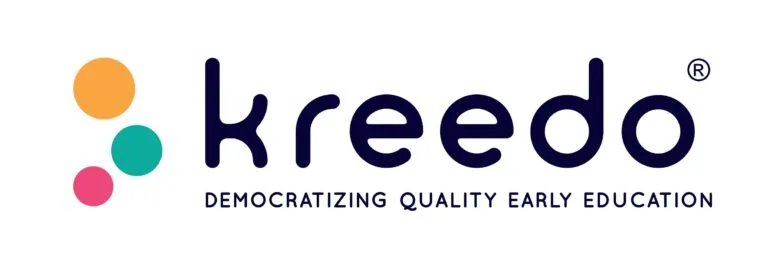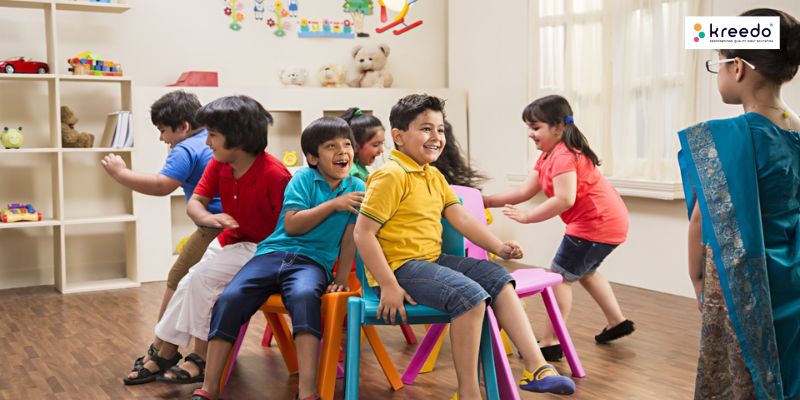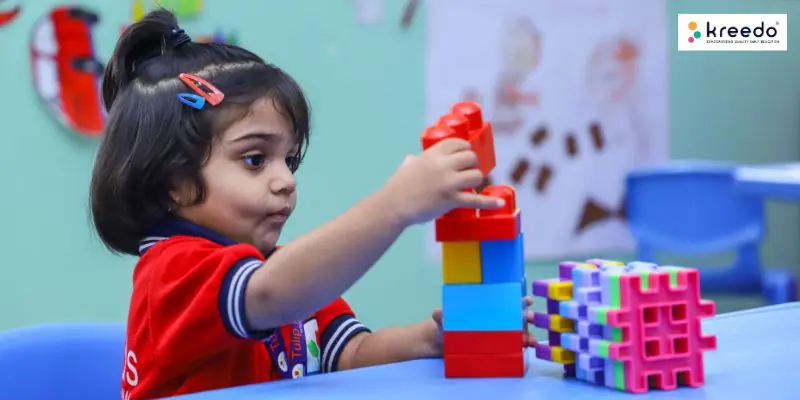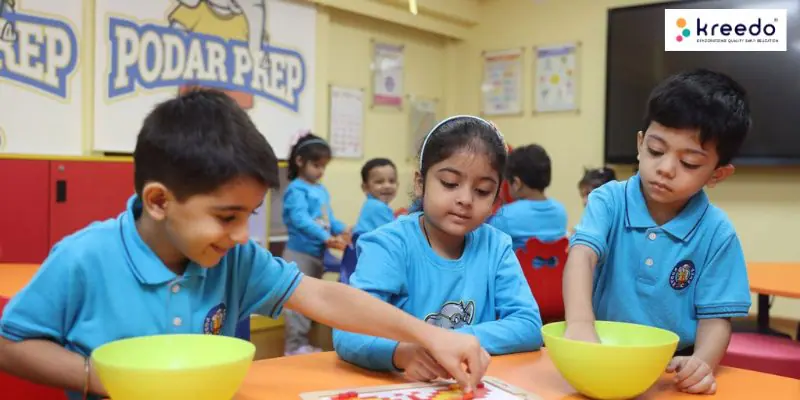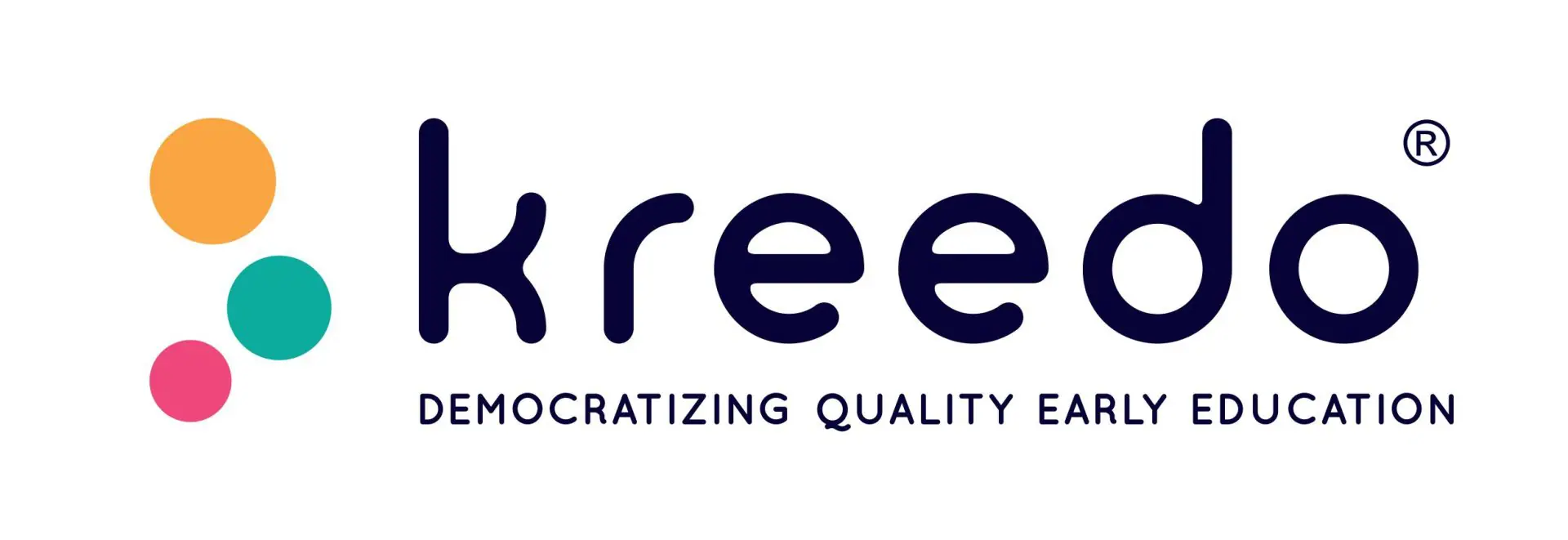Below is an exciting article about the observational assessment and Using a well-thought pedagogical approach of the EYFS curriculum (Early Years Foundation Stage) followed by all early years in the UK.
Here is an effort to relate this to the Kreedology Curriculum and see how well we fit into the concepts. Observational assessment is the key to understanding what children really know and can do. It involves watching, listening, and noting what children say and do as they play together, interact with adults, and engage in everyday activities and experiences. From this, you will be able to build up an understanding of individual children by seeing how they demonstrate their specific knowledge, skills, and understanding. Each child will be different in this respect as everyone has their own unique way of approaching and building their learning. Observational assessment is the most reliable way of building up an accurate picture of a child’s development and learning.
How and when observations are made will vary depending on the circumstances, the child, and the type of activity. Although some observations may be planned, there will be others that are more spontaneous and capture an important moment or event. The key to capturing these moments is to know the children well and to be aware of the sort of things that are likely to spark their imagination. This also supports your planning, which will come from previous observations of young children’s interests and fascinations.
We at Kreedology also believe in the importance of observation and discuss about how the assessment is a tool that helps us assess the developmental objectives of each child.
Using a well-thought-through pedagogical approach
When children have access to a rich learning environment it provides them with the opportunities and conditions in which they can flourish in all aspects of their development. It is essential that the pedagogical approach of the setting enables each child to demonstrate and build their learning and development. Effective observational assessment, which involves noticing children’s interests, skills, and knowledge, should be used to plan relevant and motivating learning experiences for each child. When children have access to a rich learning environment it provides them with the opportunities and conditions in which they can flourish in all aspects of their development.
As part of the audit of the effectiveness of your assessment procedures, you may want to consider:
- Your understanding of child development, including both the biological and cultural aspects, and how this impacts the way you support children’s learning in your setting. Kreedo believes in the uniqueness of every child and their cultural differences. Especially since India is such a diverse country culturally, we encourage schools to plan activities, and celebrations based on local needs rather than giving a standard plan.
- How well your approach to planning ensures a wide range of relevant, motivating, flexible, and interesting opportunities for children. Kreedo believes strongly that for the curriculum to be successfully implemented, the teachers must be well-planned and not force children to work with what the teacher wants, but to ensure that for any activity that the child wants to do, the environment has all the necessary support.
- How effectively your environment facilitates and encourages learning by all children in your setting, e.g. boys and girls, children with additional needs, children for whom English is not the home language, or children who learn best when outdoors. Kreedo caters to all kinds of learners and lends itself to being integrated into an inclusive program
- How well all staff members understand the EYFS Framework and the principles behind the settings observation and assessment policy. Kreedo keeps reiterating to the schools that the teacher must have a clear understanding of the curriculum and the basic philosophy.
- The importance of high-quality adult interaction that is sensitive and adaptive to the needs of individual children. Kreedo believes firmly that teachers must be trained to understand the children’s developmental needs and also learn to treat each child as an individual learner.
The implementation of a successful observation and assessment policy not only supports individual children’s continuous learning and development, but it also provides vital information to share with parents and with colleagues who may have responsibility for supporting the next stage in a child’s learning journey.
(See more at: https://my.optimus-education.com/good-practice-early-years-observation-and-assessment)
